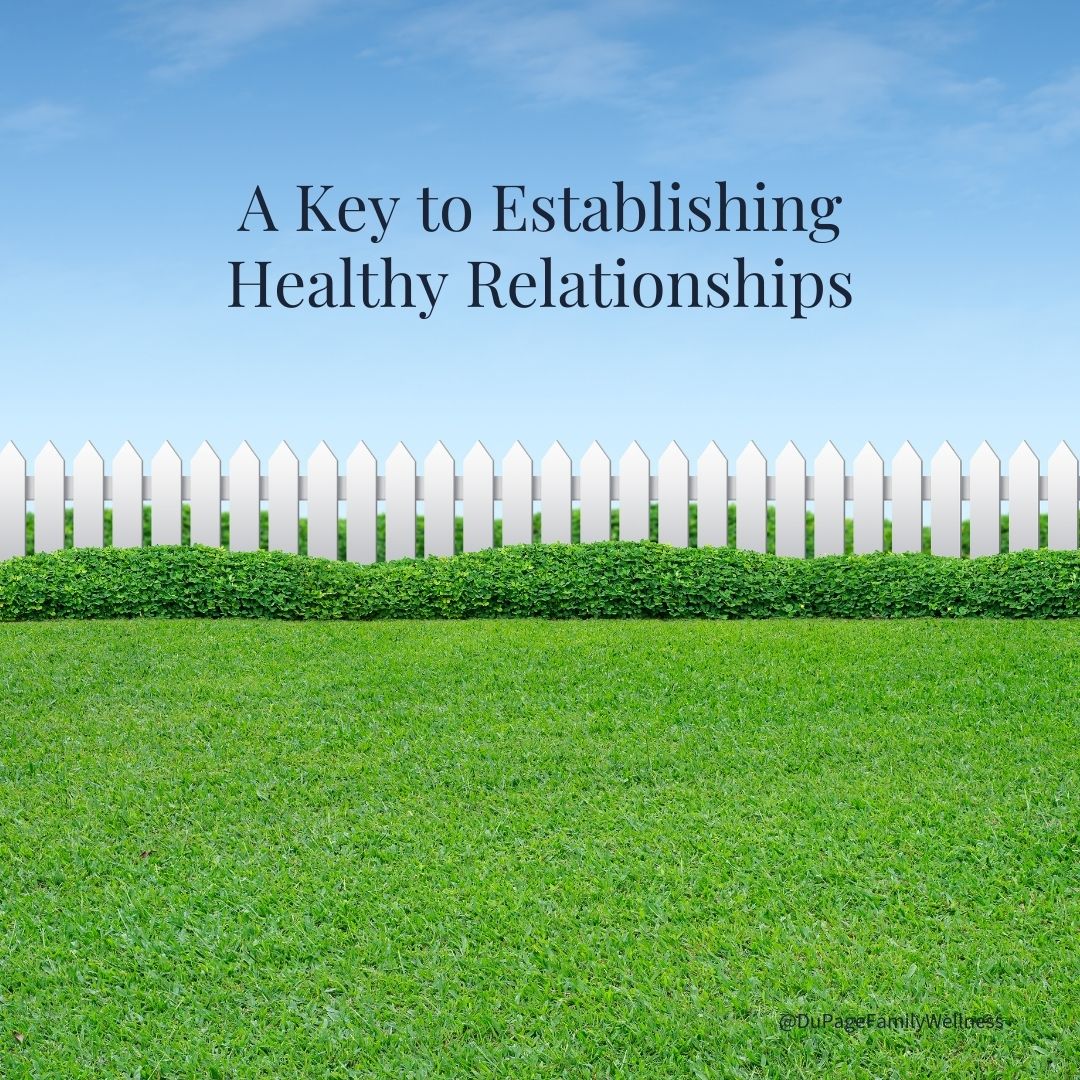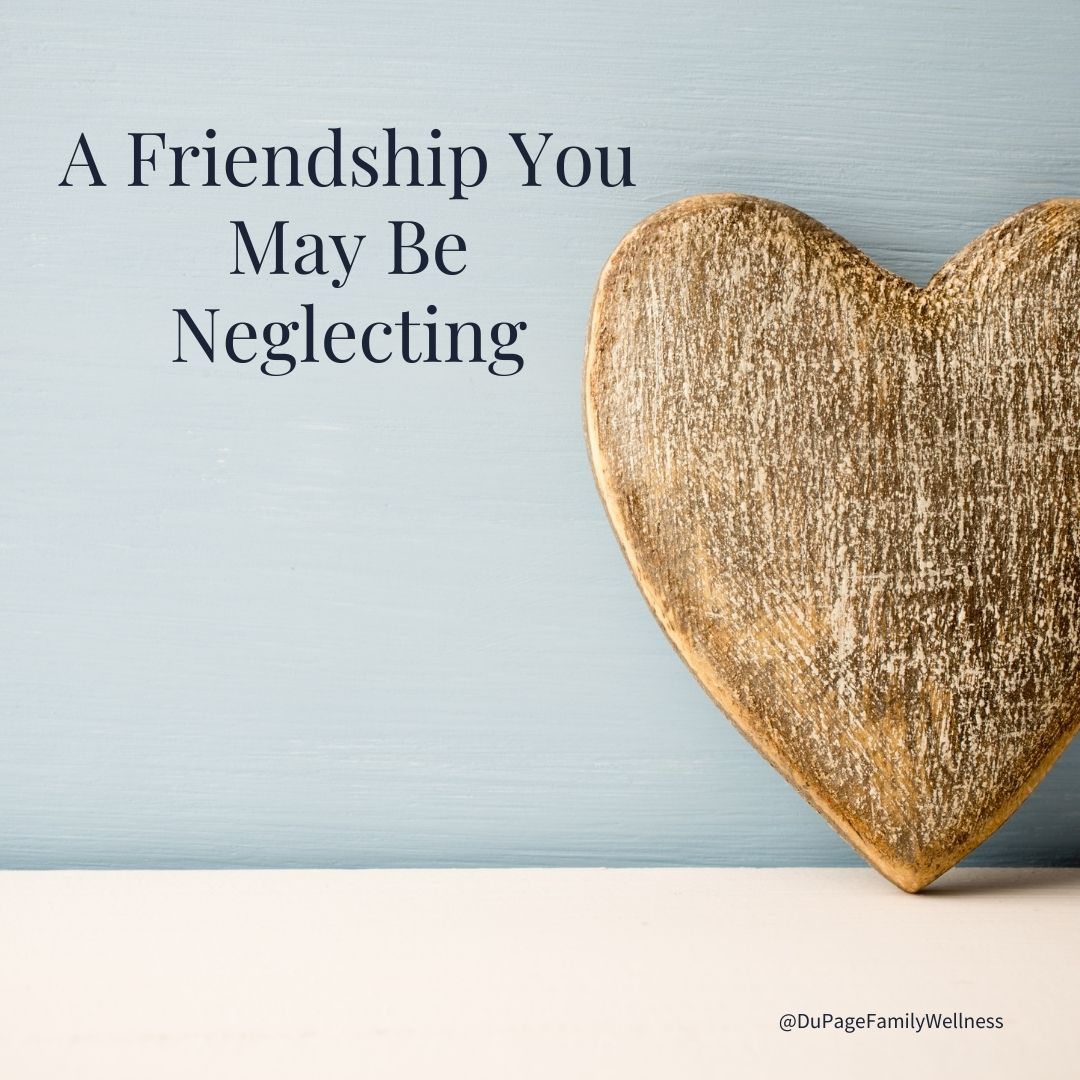 Have you been curling up by the fire with a glass of wine in the evening? Do you enjoy a cocktail with your friends on occasion?
Have you been curling up by the fire with a glass of wine in the evening? Do you enjoy a cocktail with your friends on occasion?
Many of us have come to rely on a drink to help us wind down or have fun with friends. And while there is nothing wrong with an occasional drink, it is important to understand the effects it has on the body, especially in regards to our hormones.
What Are Hormones?
Hormones are chemical messengers within the body that are secreted by glands in the endocrine system. These messengers tell the tissue and organs in the body what to do. The proper balance of hormones is crucial for both physical and mental health.
When something happens to make one hormone increase the other hormones are affected. It's like a delicate dance with some hormones following another's lead.
What Impact Does Moderate Alcohol Consumption Have on Hormones?
Alcohol is thought to have a complicated relationship with the balance of hormones within the body. Let’s take a look at some of the ways moderate alcohol impacts this system.
Read more ...
 Are you exhausted because you constantly give to others and rarely expect anything from them in return? Does it feel like there are never enough hours in the day because your schedule is so full? Is it difficult for you to say no to others or ask what you need from them? If so, you may be lacking boundaries.
Are you exhausted because you constantly give to others and rarely expect anything from them in return? Does it feel like there are never enough hours in the day because your schedule is so full? Is it difficult for you to say no to others or ask what you need from them? If so, you may be lacking boundaries.
Without boundaries we will struggle to live an authentic life that reflects our true priorities. Boundaries free us up to live a life of purpose. But what exactly are boundaries and how do you establish them?
What are Boundaries?
Simply put your boundaries are your standards of what is acceptable and what is not in your relationships. Healthy boundaries help you determine how you should be treated, as well as what is your responsibility and what is not in the relationship.
Boundaries often give the impression of keeping yourself separate, however that is not truly the intent. As writer Jennifer Chesak says, “boundaries are actually connecting points since they provide healthy rules for navigating relationships, intimate or professional.”
Healthy boundaries are neither too loose or too rigid, but are empathetic and flexible. When healthy boundaries are in place, it frees you up to love both the other and yourself at the same time.
Read more ...
 Do you have a really hard time saying “no” to people? Are you quick to agree with others even if you have a different opinion? Is your schedule filled with other people’s priorities rather than your own? If so, you may be a people pleaser!
Do you have a really hard time saying “no” to people? Are you quick to agree with others even if you have a different opinion? Is your schedule filled with other people’s priorities rather than your own? If so, you may be a people pleaser!
According to therapist Erika Myers, when kindness to others involves “editing or altering words and behaviors for the sake of another person’s feelings or reactions” it has crossed over into people pleasing behavior.
While at first glance people pleasing may seem benign, it can actually be quite destructive. Let’s evaluate the pitfalls of this practice, so we can live our most authentic life.
What is People Pleasing?
People pleasing can take on many forms, but a key element is putting other people’s needs, desires, and opinions above our own. It may look like always saying “yes” to others, being quick to agree with others, habitually volunteering to take on work, excessive apologizing, or having trouble asking for help.
People pleasers don’t just do these things from time to time, it is a way of life for them. Many times it may feel like a compulsion as if they have no choice. Often this is rooted in a desire for love and acceptance. And while it may make other people happy for a time, it is no way to build authentic relationships.
Read more ...
 Many of us put a lot of effort in being kind to those around us. We aim to be gentle to our family, respectful to our coworkers, thoughtful of our neighbors - we are even nice to strangers we see on the street. But often times we are not so thoughtful with how we treat ourselves.
Many of us put a lot of effort in being kind to those around us. We aim to be gentle to our family, respectful to our coworkers, thoughtful of our neighbors - we are even nice to strangers we see on the street. But often times we are not so thoughtful with how we treat ourselves.
Take a minute now to think about the way you act toward yourself - specifically with how you speak to yourself! How do you talk with yourself when you are alone with your thoughts? Do you give yourself grace when things don’t go as planned? Or do you beat yourself up when you make a mistake?
Your words to yourself may be influenced by many things, but if you are intentional you can begin to change your negative self talk and become as good a friend to yourself as you are to others!
Where Negative Self-Talk Comes From
Our negative self talk can stem from many things. We unconsciously take on other people’s voices - a bully on the playground, a harsh coach, or a critical parent. This inner negative voice is often referred to as our inner critic.
Read more ...
 Are you planning to make some new year’s resolutions? Are you looking for tips on how to make lasting change? Or are you someone who has deemed resolutions ineffective and doesn’t even try?
Are you planning to make some new year’s resolutions? Are you looking for tips on how to make lasting change? Or are you someone who has deemed resolutions ineffective and doesn’t even try?
Regardless of which camp you are in today’s blog post is for you. Whether it’s a resolution or simply a small adjustment, behavior change can be REALLY HARD. So today I want to introduce a concept to you that might make shifting things a bit easier.
After exploring this concept, the last part of the blog will be for those interested in making more traditional resolutions stick.
Who Do You Want to Be?
Most of the time when people start to think about making a change they focus on outward behavior. But I want you to take some time to think about something deeper - your IDENTITY.
Read more ...
 Have you been curling up by the fire with a glass of wine in the evening? Do you enjoy a cocktail with your friends on occasion?
Have you been curling up by the fire with a glass of wine in the evening? Do you enjoy a cocktail with your friends on occasion? 

 Are you exhausted because you constantly give to others and rarely expect anything from them in return? Does it feel like there are never enough hours in the day because your schedule is so full? Is it difficult for you to say no to others or ask what you need from them? If so, you may be lacking boundaries.
Are you exhausted because you constantly give to others and rarely expect anything from them in return? Does it feel like there are never enough hours in the day because your schedule is so full? Is it difficult for you to say no to others or ask what you need from them? If so, you may be lacking boundaries. Do you have a really hard time saying “no” to people? Are you quick to agree with others even if you have a different opinion? Is your schedule filled with other people’s priorities rather than your own? If so, you may be a people pleaser!
Do you have a really hard time saying “no” to people? Are you quick to agree with others even if you have a different opinion? Is your schedule filled with other people’s priorities rather than your own? If so, you may be a people pleaser! Many of us put a lot of effort in being kind to those around us. We aim to be gentle to our family, respectful to our coworkers, thoughtful of our neighbors - we are even nice to strangers we see on the street. But often times we are not so thoughtful with how we treat ourselves.
Many of us put a lot of effort in being kind to those around us. We aim to be gentle to our family, respectful to our coworkers, thoughtful of our neighbors - we are even nice to strangers we see on the street. But often times we are not so thoughtful with how we treat ourselves. Are you planning to make some new year’s resolutions? Are you looking for tips on how to make lasting change? Or are you someone who has deemed resolutions ineffective and doesn’t even try?
Are you planning to make some new year’s resolutions? Are you looking for tips on how to make lasting change? Or are you someone who has deemed resolutions ineffective and doesn’t even try?